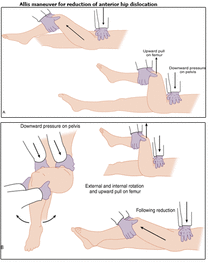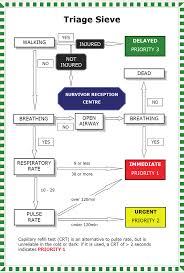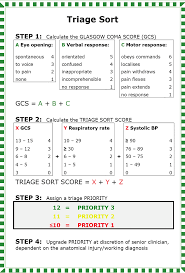|
I listened to a really interesting talk by Mark Wilson (a prehospitalist and neurosurgeon in London) about the utility of GCS and whether it is time for us to reconsider our use of GCS in daily practice. The history and application of the Glasgow Coma Scale is well described here, and worth a look for those who need to brush up on their knowledge. There is no doubt that by describing the GCS in 1974, Teasdale and Jennett made an amazing breakthrough in medical (neuro) science. They have managed to convert the multifaceted human brain functionality into a linear scale. The GCS was initially intended for the assessment of coma and impaired consciousness in acute brain injury, but nowadays we are using it as a common language in many other situations - as an all cause mental status monitor. This is not necessarily wrong. The GCS is now so fully ingrained in our practice, and we should not stop using it. I think we should be mindful of what it can't do, and perhaps consider some other forms of assessment to dive deeper into the complexity of human consciousness where needed. Adding the assessment of pupil response, ventilation and autonomic functions may just help. I am sure we do this subconsciously on many occasions already. There is help out there - in the form of the FOUR score. (Full Outline of UnResponsiveness)
At the very least, when assessing conscious levels - describe what you see, use the GCS, document the pupil response and perhaps consider a more detailed examination using the principles of the FOUR score where indicated (not all patients!) Further reading: Mark wilson smacc talk The Glasgow coma scale http://www.modernmedicine.com/modern-medicine/content/more-meets-eye-four-score-scale-coma-assessment Nanette
0 Comments
Ever struggled to reduce a dislocated hip prosthesis?
Who remembers climbing up on a patient's bed and using the Allis manoeuvre to reduce a hip? Session 1: Audit presentation / Case PresentationRCEM audit - Vital signs in Children Sets of vital signs consist of: temperature, respiratory rate, heart rate, blood oxygen saturation measured by pulse oximetry, level of consciousness expressed as Glasgow Coma Scale (GCS) or AVPU (alert, response to voice, responsive to pain or unresponsive) scale, and capillary refill time. Vital signs are frequently recorded in children presenting at Emergency Departments because, if abnormal, they indicate that a patient has deranged physiology. This derangement is often indicative of a disease process and associated with an increased risk of morbidity and mortality. The detection of abnormal vital signs, appropriate escalation and response can avoid the patients' deterioration and improve patient outcomes. LEARNING POINT: we should encourage vital sings to be documented on dedicated paediatric observation charts, which will help calculate the PEWS and spot the sick child. Case Presentation: scrotal pain in a young boy "I am always asking myself: “Why is it NOT testicular torsion?” If I can’t answer that satisfactorily, that boy is going to theatre." ... so refer to the surgeons from ED! Differential diagnosis of acute testicular pain in a boy Torsion of:
Painful testicle in a young boy Saving balls: the acute scrotum Testicular Torsion: Pearls and Pitfalls - (emdocs) Session 2: Decompensated liver diseaseThere is now a care bundle for patients who present with decompensated liver disease - please print this and follow treatment guidelines. Diagnostic ascitic tap technique Session 3: Major incident refresherThis topic is part of the FRCEM curriculum ( HAP 20) Definition: - any incident that requires an extraordinary response from health services – ambulance services, primary care, community services and hospital Trusts Classification: - Natural or manmade - Simple or compound - Compensated or uncompensated. All hazards approach : every incident is different, but the solution are the same Major incident response principles : CSCATTT Triage Links to further reading Major incidents part 1 Major incidents part 2 Take home points from a HMIMMS course Nanette
|
Categories
All
The Derrifoam BlogWelcome to the Derrifoam blog - interesting pictures, numbers, pitfalls and learning points from the last few weeks. Qualityish CPD made quick and easy..... Archives
October 2022
|


